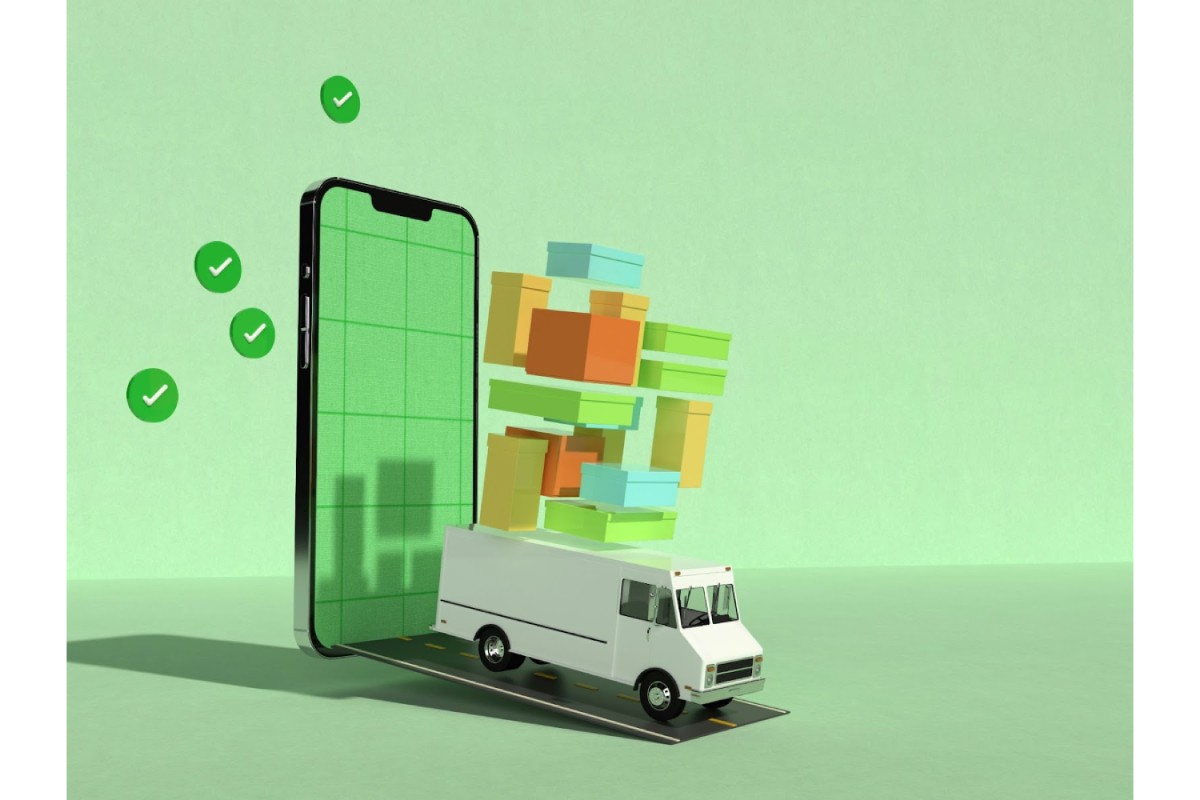
The logistics industry is on the cusp of a substantial shift, driven by the rapid advancement of technologies such as artificial intelligence, the Internet of Things, and blockchain, by overcoming traditional hurdles and setting new benchmarks in operational efficiency, security, and customer satisfaction. As companies navigate these changes, they are discovering new opportunities to optimize their operations and enhance their services. Integrating these digital tools is vital for staying competitive in a fast-evolving market. As discussed by Jaykesh Kutty, this evolution is exemplified by various case studies and trends that suggest a future where logistics operations are more innovative and more responsive to the needs of a dynamic global economy.
The logistics industry today faces a multitude of challenges exacerbated by rising customer expectations for speed and efficiency. Traditional methods often need to catch up in managing complex global supply chains, leading to higher operational costs and environmental concerns. As companies struggle with these pressures, digital solutions have emerged as a beacon of hope. By integrating advanced technologies, businesses are beginning to see transformative improvements in how they manage and execute supply chain operations.
Among the innovations making notable impacts, digital platforms streamline processes that historically were bogged down by manual interventions and inefficiencies. These systems offer enhanced data analytics capabilities, allowing for better decision-making and more accurate forecasting. This shift not only helps logistics companies keep pace with demand but also reduces their carbon footprint, making operations more sustainable in the long run.
As the industry continues to evolve, the adoption of these digital tools is not just beneficial but crucial for survival. Companies that leverage technology to address traditional logistics challenges are setting new standards in efficiency and customer satisfaction, paving the way for a more resilient and flexible supply chain.
Artificial intelligence is reshaping the logistics sector by streamlining operations such as routing and inventory management. With AI, predictive algorithms analyze vast amounts of data to predict demands and optimize delivery routes, significantly reducing delivery times and costs. This also enhances inventory accuracy, minimizing waste and ensuring products are available when and where they’re needed.
The integration of the Internet of Things further complements AI’s capabilities by providing real-time tracking and monitoring of goods. IoT devices, embedded within cargo and transport vehicles, transmit continuous data on their status and environment. This constant flow of information enables logistics companies to maintain a clear view of their operations, anticipate potential issues before they arise, and react swiftly to any disruptions. The synergy between AI and IoT not only boosts operational efficiency but also elevates the overall service quality offered to customers.
Blockchain technology is becoming more popular in logistics for its ability to enhance security and operational transparency. This decentralized ledger records all transactions across a network of computers, making the data visible and immutable. Additionally, blockchain reduces the likelihood of fraud and errors, streamlining operations and reducing unnecessary expenditures.
Adopting blockchain allows logistics companies to create more clever and more secure contracts, known as smart contracts. These automated contracts execute transactions automatically when predefined conditions are met, eliminating the need for manual processing and reducing the scope for human error. This application not only speeds up transactions but also ensures compliance with the agreed terms, fostering a more reliable supply chain network. Through these strategic applications, blockchain stands out as a transformative force within modern logistics.
Numerous logistics companies have risen to prominence in digital innovation by harnessing new technologies. One notable entity implemented an AI-driven system to optimize its supply chain, resulting in a 30% reduction in operational costs and a significant boost in delivery speed. This shift towards digital solutions illustrates the dynamic nature of the industry and its rapid adaptation to technological advancements.
The path to integrating advanced technologies in logistics is fraught with challenges, from steep initial costs to resistance to change. To navigate these hurdles, companies are increasingly investing in training programs that prepare their workforce to handle new systems and technologies. This not only smooths the transition but also ensures that the benefits of digital tools are maximized. Furthermore, partnerships with tech providers have proven effective in mitigating financial risks and accelerating the process.
The logistics sector is poised to undergo further changes with the advent of emerging technologies. Innovations such as drone delivery and autonomous vehicles are anticipated to redefine the norms of delivery and distribution. These technologies promise to expedite shipping processes and drastically reduce human error, setting the stage for a logistics landscape that is faster, more efficient, and increasingly autonomous.
A beautiful and lively garden can add life to your outdoor space and make it… Read More
Teams working in marketing and digital are familiar with the challenges of striking a balance… Read More
DafaNews, a prominent platform providing real-time sports updates and in-depth analysis, has launched “The Game… Read More
Travel has a way of enriching the soul, offering experiences that shape perspectives and create… Read More
The commercial real estate industry is changing rapidly, driven by technological advancements, sustainability initiatives, and… Read More
Zoom Tasks, a new AI-powered task management tool integrated into Zoom Workplace, has been formally… Read More